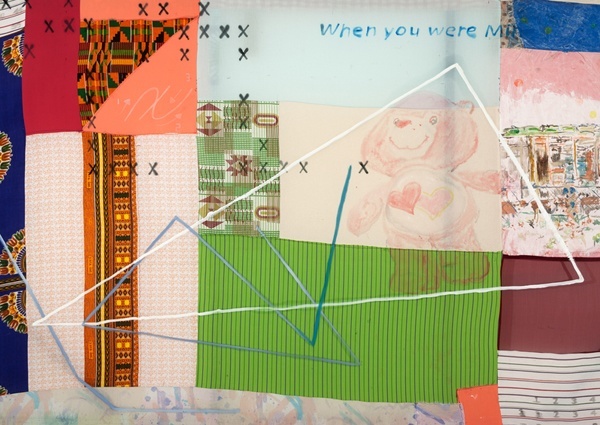Listen:
No one else heard the knocking; not a water drip
or transformer hum, but a distant ping pong
volley overhead. This too was in my mind
like the glass ship marooned in the forest.
When I listened close, my elbows ached and teeth
chattered from the racket; when I drowned
the noise, trampoline springs and night owls
also faded. I tried to cure myself with mirrors
and cotton balls, but forgot arithmetic and how
to fold my shirts. All I could do was rattle.
Even in sleep I heard the din and roamed
through crowds of redwoods. Someone above
was calling. The choice left was to be lost.
I climbed cloud-high to answer. In the canopy,
the air was cold, but streets were the same
as below: wheat-paste posters peeling off walls,
and drifts of newspapers and boxes tied
with bakery twine. No antennas or banging drums,
but knocking everywhere. People appeared
swiftly around me. They rose from the branches,
silver-eyed and unbuttoned, twinned underneath.
Their sap sticky fingers covered me, searching
my pockets for coins. What use is money in the trees?
Their faces turned downward, toward the town
exposed like an X-ray from above: a starving dog,
a misaligned fence, the children swimming naked.
To be remembered on the ground, they answered;
a gray sentence spoken over a green one.
The chorus of their breath shook pinecones free.
With my hands held out: I will carry your messages down.

